At Christmas, I decided to get off social media. The reason was simple. I was spending far too much time doom scrolling on my phone. The only thing I’ve missed so far (other than some friend’s birthdays – sorry about that) is sharing what I’m reading, listening to, and watching, and discussing with people. So I’ve decided to write a periodic article where I share the highlights. I’d love this to be a conversation! Feel free to use the comments to share the best things you’re reading.
Books
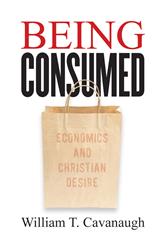
The best book I’ve read in quite a while is William Cavanaugh’s Being Consumed. Cavanaugh makes the argument that consumerism reflects something ultimate about our humanity: the need both to consume and be consumed, which is only answered sufficiently in the Eucharist. This is a topic I dealt with a little bit in my essay for Church Life Journal about Brideshead Revisited.
Why did I love this book so much? I think that Cavanaugh does a beautiful job of drawing out many of the same truths that Wendell Berry does, while at the same time seeing something that I think Berry misses. Christianity is not ultimately a moral system. It is not good because it moderates our behavior. And the infinity of our desire, rather than a problem to be dealt with (i.e. “virtue in the mean”), is the most persistent evidence of our need for an Infinite answer. As Luigi Giussani argues in The Religious Sense, it is this need for the Infinite which makes us religious, and which Christ comes to fulfill.
Speaking of Wendell Berry, for the last year or so I’ve been working my way – very slowly – through the Library of America’s beautiful collection of his essays, What I Stand On. Fair warning: it’s 1700 pages. I am less than half way through.
There are three things I love about Wendell Berry: his ability to see and reveal the interconnectedness of things; his way of speaking from his own experience as a farmer in rural Kentucky, and yet saying things that are relevant to any American; and his down-right gorgeous use of the English language. You can almost hear his Kentucky drawl when you read him.
I read “Discipline and Hope” with my colleagues this year. I won’t try to summarize this long essay here, but I will provide a favorite quotation. Berry writes:
“We have made our false economy a false god, and it has made blasphemy of the truth. SO I have met the economy in the road, and am expected to yield it right of way. But I will not get over. My reason is that I am a man, and have a better right to the ground than the economy. The economy is no god for me, for have had too close a look at its wheels. I have seen it at work in the strip mines and coal camps of Kentucky, and I know that it has no moral limits. It has emptied the country of the independent and the proud, and has crowded the cities with the dependent and the abject. It has always sacrificed the small to the large, the personal to the impersonal, the good to the cheap.”
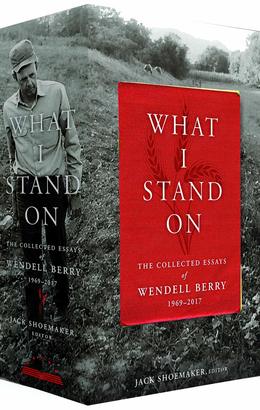
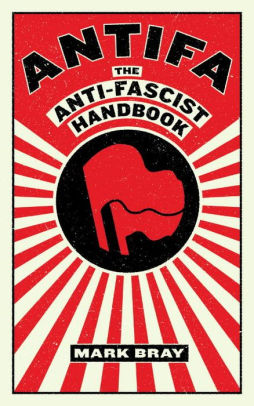
I wouldn’t say that I recommend Antifa -the Anti-Fascist Handbook by Mark Bray unless you’re really interested in antifa. But in my research for a forthcoming article for Plough Quarterly, I found it to be extremely helpful. Bray is sort of a biased outsider – a historian sympathetic to militant anti-fascists. He uses the book to make a case for antifa. While I do not find his case compelling (for reasons that you’ll have to read my article to find out), I think he makes a lot of good points. Rather than dismiss militant anti-fascists out-of-hand, it is important for those that disagree with what they do to understand why they actually do it. Bray gives a good account of that.
My article is slated for the Spring 2021 print edition of Plough. Don’t want to miss it? Head on over to their website and subscribe. It’s $32/year well spent (not a paid promo – I love the magazine, and read it cover-to-cover as soon as it arrives).
Newsletter Exclusive
If you're subscribed to my newsletter, you'll receive an exclusive audio teaser for my article about antifa and political violence, with clips from my interviews with anti-fascist activists in Portland, Daryl Davis and Eugene Rivers!
Articles
Hillaire Belloc’s “An Essay on the Restoration of Property” is technically so long that it was published as a book, but it in nonetheless an essay. You can find a PDF of it online if you know how to search, but I won’t link it here since it doesn’t appear to be posted legally. What’s fascinating about this essay is its relevance today, given that it was published in 1936. One simple example: Belloc writes “We all know that advertizing has become one of the worst plagues of English modern life. […] It has been discovered that with a dull urban population, all formed under a mechanical system of State education, a suggestion or command, however senseless and unreasoned, will be obeyed if it be sufficiently repeated. Now, in issuing such suggestions and commands the larger man has an overwhelming advantage over the smaller. He can, as it were, compel by suggestion.” While he is virulently anti-Communist, he is also extremely critical of capitalism in a way that might shock most 21st century American Catholics. “The family,” Belloc writes, “does not possess that freedom which is necessary for its full moral health and that of the State of which it is the unit. Hence our society has fallen into the diseased condition known as ‘Industrial Capitalism.’” Later, he writes that “the idea that Capitalism arose of itself, and necessarily, from the mere institution of private property is the fruit of bad history pressed into the service of bad philosophy.” Since the unchecked accumulation of property leads by necessity to the creation of a property-less “Proletariat” class, Belloc recommends careful public policies (strict government regulation!) that make it possible for the vast majority of society to be property owners.
Podcasts
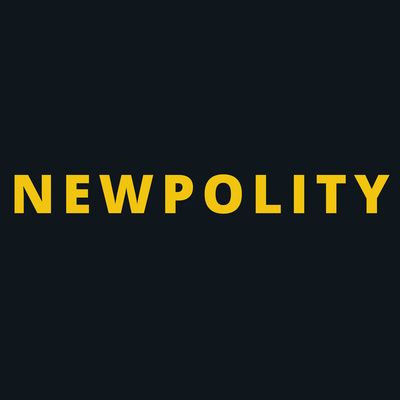
Since the summer, I’ve been listening to the podcast New Polity, which is hosted by Andrew Willard Jones and Marc Barnes. On the show, they discuss how Catholic Social Teaching can impact political and economic life. I don’t love everything about the show (skip the episode with Patrick Coffin – it’s horrible), but I’ve found almost every episode to be thought-provoking.
Films
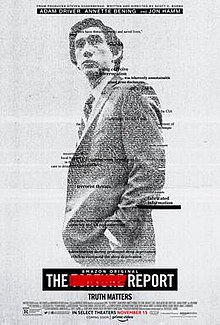
If you know me, you know that I despise Amazon and have tried to remove it completely from my life (this site, for example, is hosted by a competitor to AWS). But I broke that rule to watch The Report, a 2019 film Amazon Studios produced about the infamous CIA “Torture Report” created by the US Senate Intelligence Committee. The film goes into the extent (and ineptitude) of the torture program perpetrated by the CIA, and the lengths to which they went to keep it going. It’s a disturbing film, as it ought to be.
The documentary Unguarded looks at the APAC restorative justice prisons in Brazil. I first heard about APAC four years ago – a prison system with no guards, no guns, where the inmates have the keys to their own cells. I thought it was a lie. It turns out that the APAC prisons have been operating for decades in Brazil. Where the state prisons have an 80% recidivism rate, APAC’s is 10-20%.
The movie isn’t out yet – I got to watch it in advance – but I will be writing an article about it timed for its release. I found it to be beautiful, deeply moving, and hopeful, particularly in a year when the US has begun to reckon with mass incarceration. I’ll say more in my article – stay tuned!
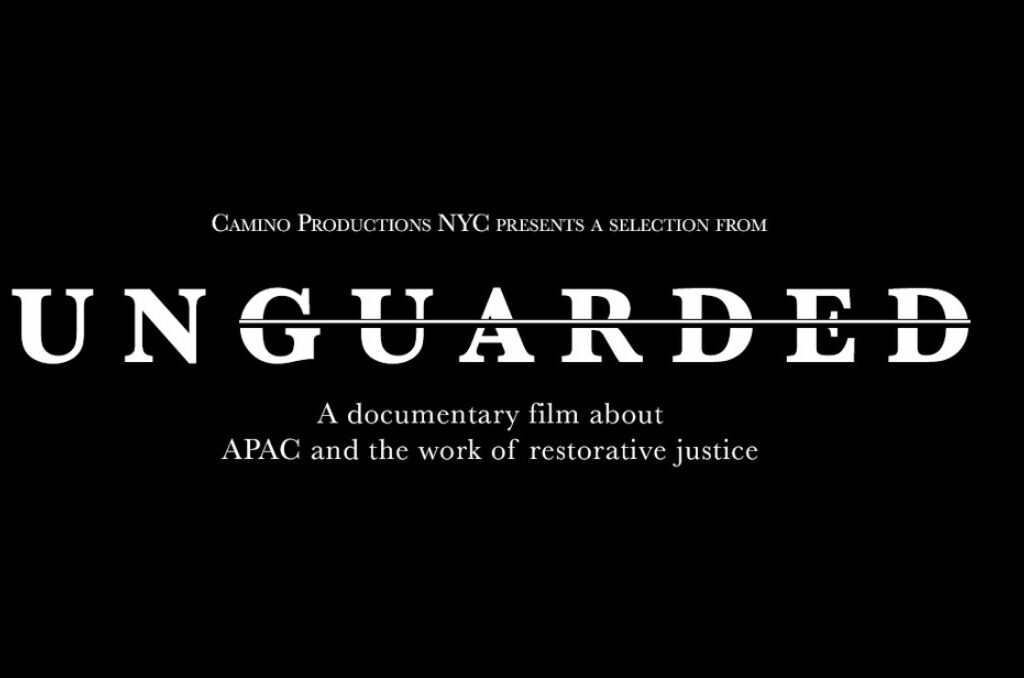
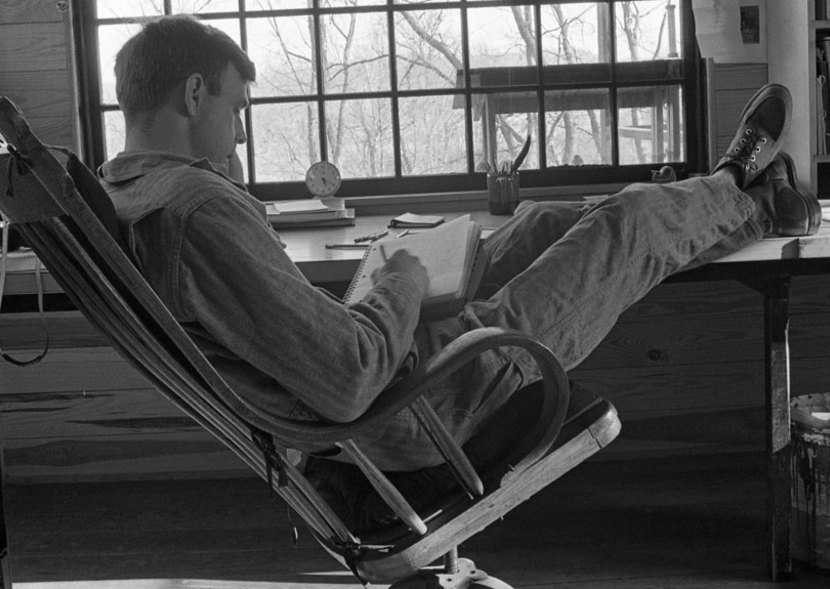
Thanks for this post, Patrick! It’s great to hear what you are reading/watching. Looking forward to future updates.